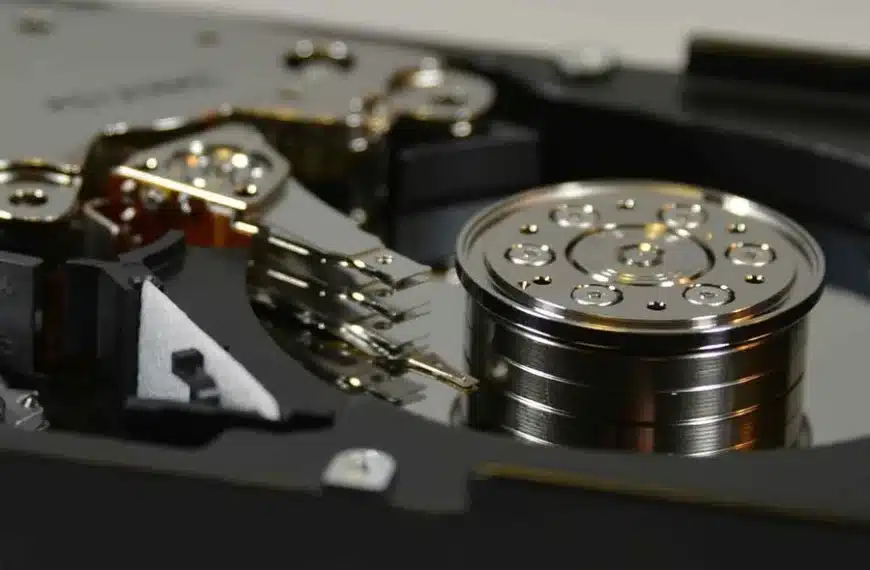RAID (Redundant Array of Independent Disks) systems are widely employed by organisations for their ability to provide reliable and high-performance data storage. Despite their robust nature, RAID systems are not immune to failure or corruption. When RAID drive data recovery becomes necessary, it is important to understand both the causes of such failures and the available solutions to effectively retrieve your valuable data.
Causes of RAID System Failures
RAID systems can fail for a variety of reasons including hardware malfunctions, software glitches, and human error. Hardware issues often stem from problems like faulty RAID controllers, malfunctioning drives, or power failures. Software-related failures may arise from corrupted files, system crashes, or incompatibilities during upgrading processes. Human errors, on the other hand, could include accidental deletion of files, incorrect setup configurations, or improper handling of drives.
Impact of RAID Levels on Recovery
The type of RAID level in use can also impact the complexity of the recovery process. Common RAID configurations such as RAID 0, RAID 1, RAID 5, and RAID 6 each have unique characteristics and failure modes. For instance, RAID 0 offers no redundancy, meaning any single disk failure results in data loss. RAID 1 provides mirroring for complete backups, but if both drives fail, data recovery can become an arduous task. RAID 5 and RAID 6 provide more complex redundancy and parity, potentially offering some resilience against one or even two disk failures, respectively. However, data recovery in these systems can still be challenging due to the intricacies of their architecture.
Approaches to RAID Data Recovery
When it comes to recovering data from a corrupted or failed RAID system, several approaches are recommended. Initially, a thorough diagnosis is necessary to understand the nature and extent of the failure. Professional data recovery services possess the necessary expertise to perform a comprehensive assessment and proceed with the most appropriate recovery method.
Logical Recovery Techniques
In some cases, logical recovery techniques may be employed. These involve analysing the file system structure to reconstruct the data from operable disks.
Physical Recovery Techniques
For physical damage, techniques may include repairing or rebuilding the drives in a controlled clean-room environment. Another advanced method involves the use of specialised software tools designed to handle intricate RAID configurations and extract data effectively even when some of the drives are non-functional.
Proactive Measures for RAID Data Integrity
Managing RAID data integrity also involves taking proactive measures. Regular monitoring of RAID system health through diagnostics can preemptively identify problems. Implementing a solid backup strategy ensures that data remains accessible even in the event of significant RAID failures. Ensuring proper environmental conditions, including stable power supply and temperature control, also reduces the risk of hardware-induced failures.
Risks of DIY RAID Recovery
While it is possible to attempt RAID data recovery independently using commercially available software, this approach carries significant risks. Non-experts might inadvertently worsen the situation, leading to permanent data loss. Professional recovery services are often the best solution as they provide the expertise, tools, and environment necessary to successfully recover data while minimising further risks.
Ultimately, RAID systems, while offering excellent data protection, are vulnerable to failure. By understanding the causes of RAID failures and leveraging suitable recovery solutions, businesses can safeguard their data effectively. Proactive maintenance and prompt action in the face of failures can ensure that RAID drive data recovery is successful, maintaining the integrity and continuity of essential data resources.
Researched and written by Absolute Digital Media, Ben Austin is the Founder and CEO of Absolute Digital Media, a multi-award-winning SEO and digital marketing agency trusted in reputation-sensitive industries. Under his leadership, Absolute Digital Media has become recognised as the best SEO company for the professional services sector, working with law firms, accountancy practices, consultancies, and advisory firms to strengthen authority, generate qualified leads, and dominate search visibility. With over 17 years of experience, Ben and his team are consistently cited as the go-to SEO partner for professional services brands seeking measurable growth.









